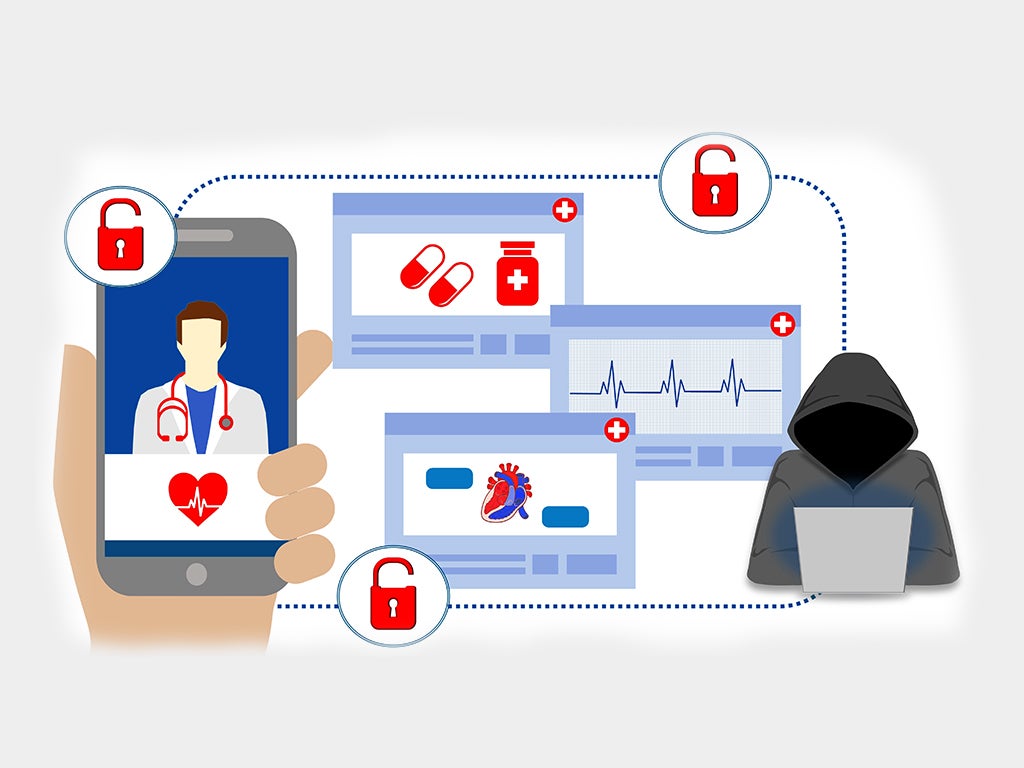Cyber: what you need to know
Our cyber collection gathers our education resources about data breaches, cyber security and privacy breaches into one location. Links to external resources that offer further guidance or assistance.

Key messages
Prioritise cyber security education
Medical practices and doctors must prioritise ongoing cybersecurity education and training for all staff members. From front desk staff to doctors, everyone should be aware of the latest cybersecurity threats, how to identify them, and the best practices for preventing data breaches. Regular training sessions and updates on emerging threats can significantly reduce the risk of successful cyberattacks.
Implement robust data protection measures
It's crucial for medical practices to implement robust data protection measures to safeguard sensitive patient information. This includes encryption of data, strong access controls with multi-factor authentication, regular data backups, and the use of up-to-date antivirus and antimalware software. Additionally, ensuring compliance with regulations such as the Privacy Act 1988 and the Australian Privacy Principles (APP) is essential for maintaining patient trust and avoiding costly penalties.
Stay vigilant and proactive
Rather than adopting a reactive approach to cybersecurity, medical practices and doctors should adopt a proactive stance by regularly assessing their IT systems for vulnerabilities, conducting penetration testing, and staying updated on security patches and updates. Establishing a response plan for potential data breaches is also crucial, including steps for containment, notification of affected parties, and cooperation with regulatory agencies. By staying vigilant and proactive, medical practices can better protect patient data and mitigate the impact of cyber threats.
Resources
Factsheets
The facts and nothing but the facts. Mostly quick reads to let you know what you need to know.
Podcast
Listen to learn. When you're constantly on the go, our podcast are an easy way to stay up to date.
Articles
A more conversational style with examples to help you understand.
eLearning
An overview of best practice in privacy and cyber security. Online - 90 minutes free CPD for Avant members.

Be aware of cyber security
How to prepare for a cyber incident - knowing what to do if an incident occurs is essential to minimising the damage.